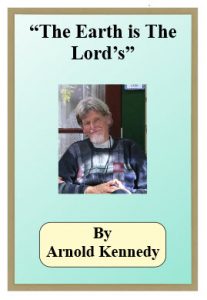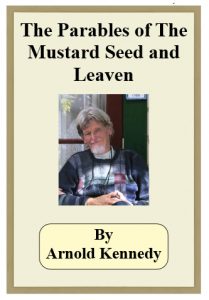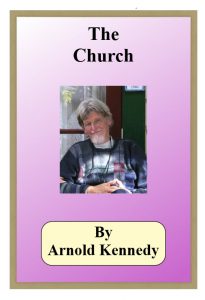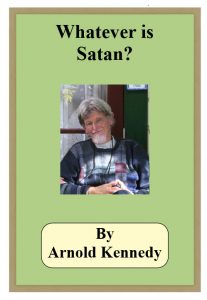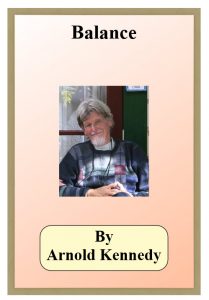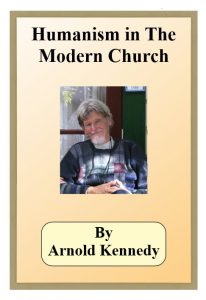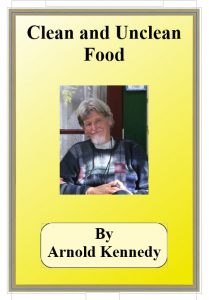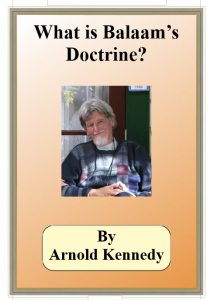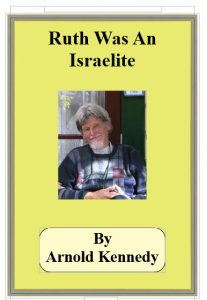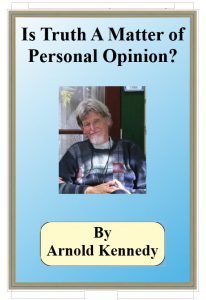(THIS DOES NOT MEAN THAT THE GOD OF ISRAEL TREATS
EVERY PART OF THE PLANET’S SURFACE IN THE SAME WAY).
INTRODUCTION
THAT GOD IS NOT A UNIVERSALIST RACIALLY, that is, Scripture does not show that God treats all races equally, has been expounded in the author’s book, “The Exclusiveness of Israel”.
In this paper we will look at the question of land, to see if God treats all parts of the surface of the planet equally. This will lead us on to the Millennial Kingdom. It will be “news” to most Church people that, in the Bible, some parts of the globe’s surface are, or are to be, considered as God’s special property, whilst some are not.
“EARTH” – “LAND” – “GROUND,” ETC.
We will make a start by considering some verses containing some of the words, such as “earth”,”land”, “ground”, “field”, “dust”, “world”, and “people”, which unfortunately have been very well mixed up by translators. Seldom do any of these words mean the whole globe, and the latter two do not normally refer to humanity in general. Let us consider two verses to start with:
Psalm 24:1-6 The earth is the LORD’S, and the fullness thereof; the world, and they that dwell therein. For he hath founded it upon the seas, and established it upon the floods.
